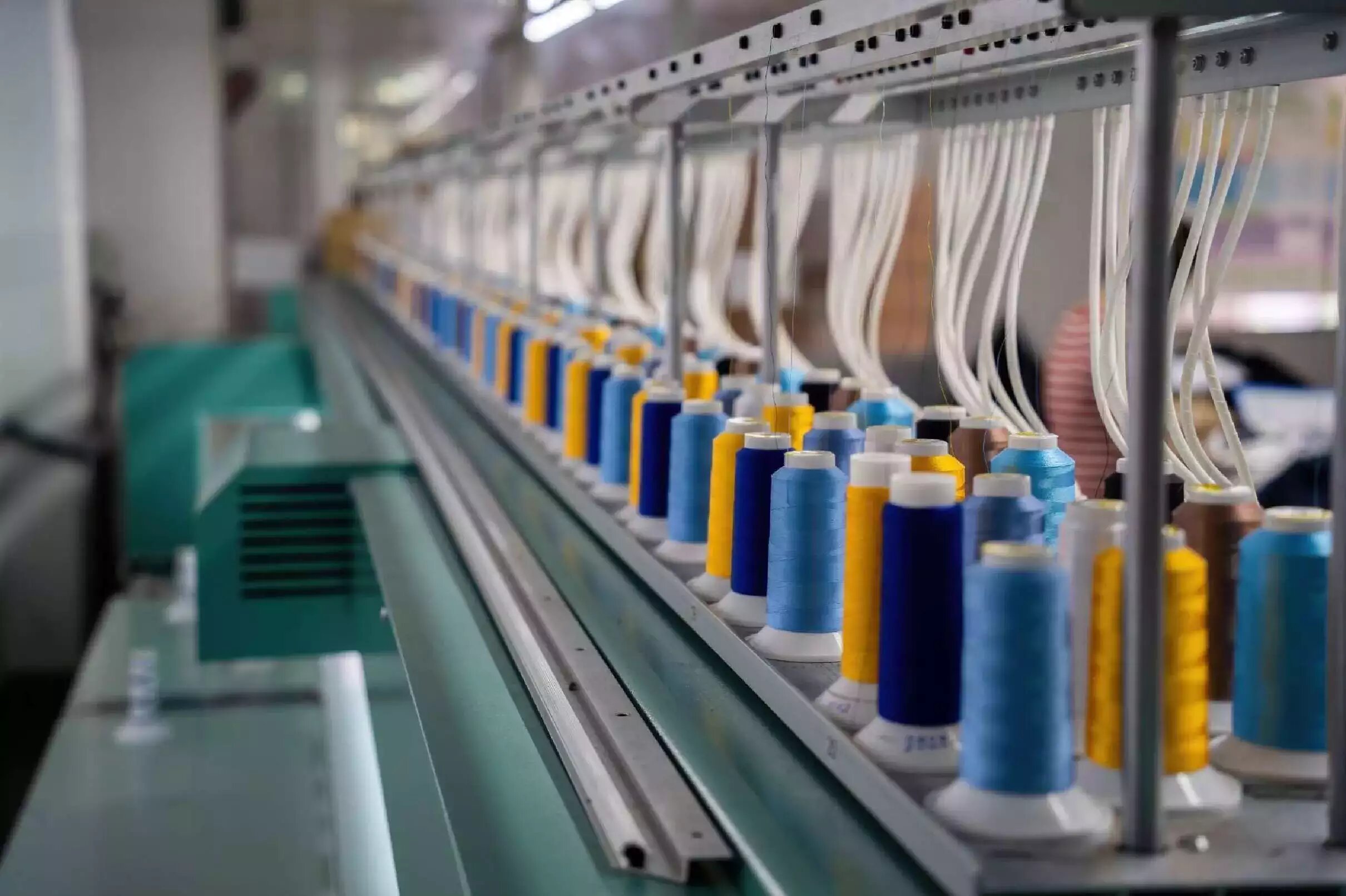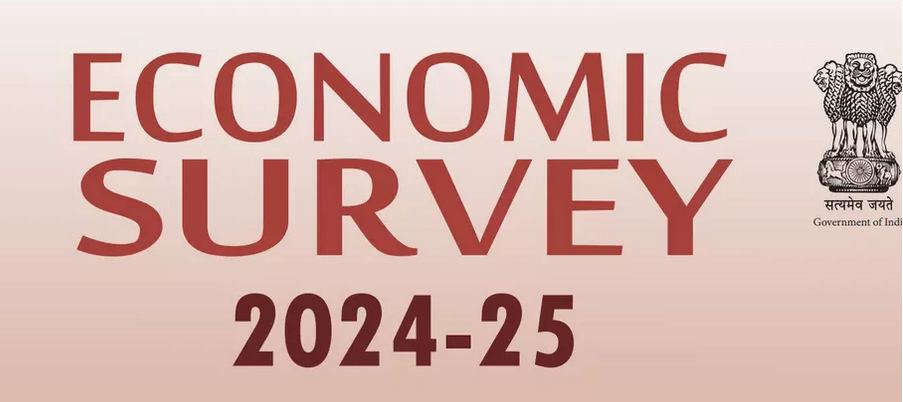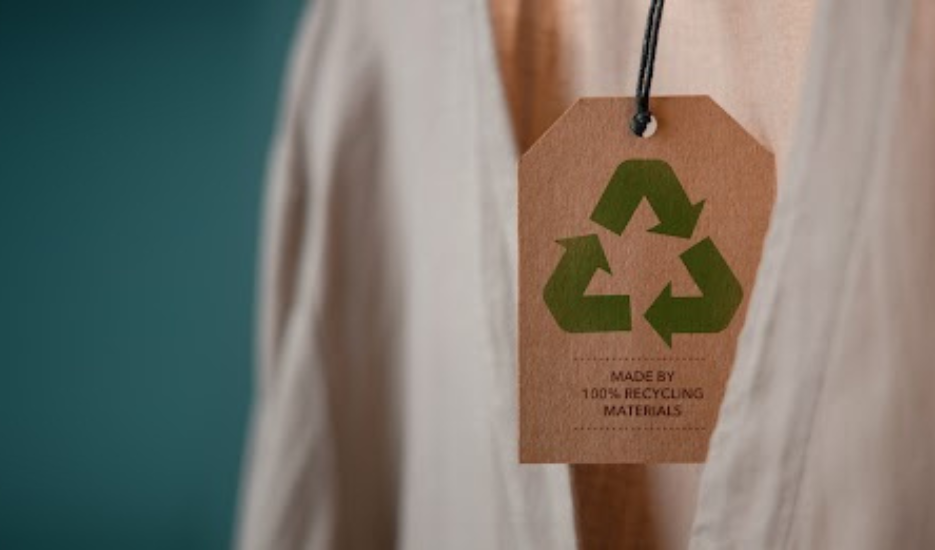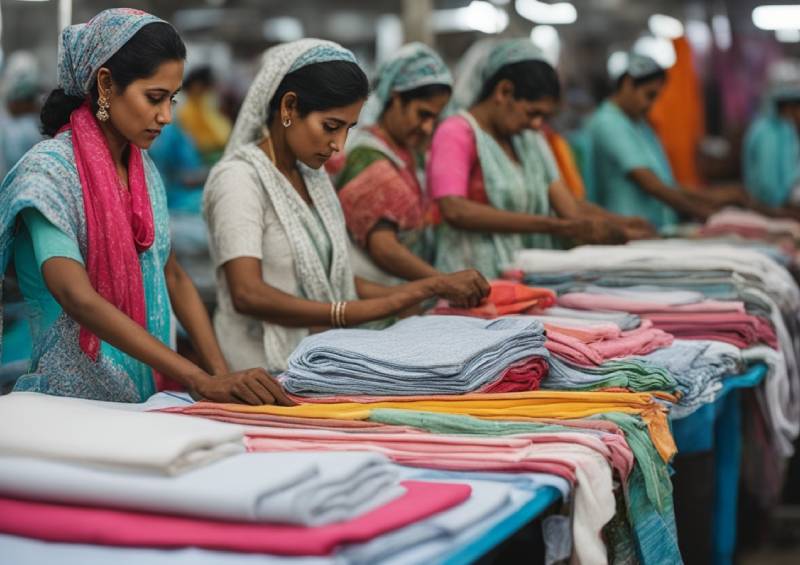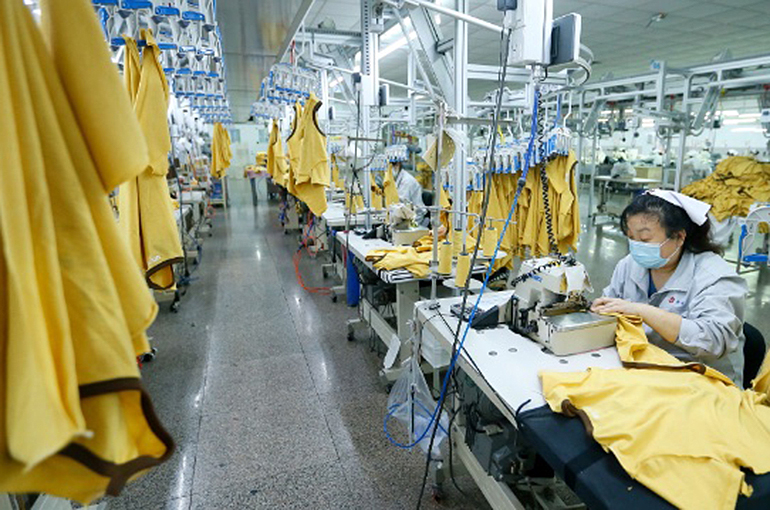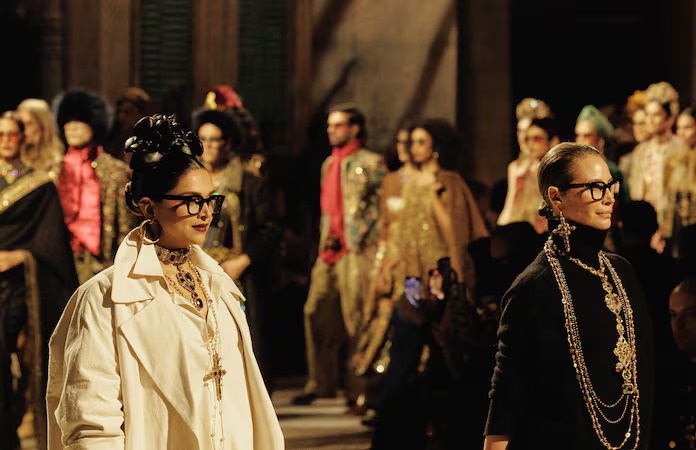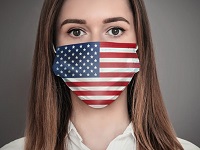 With COVID 19 impacting all major fashion markets globally, the industry is facing its worst crisis ever. Stores are being close due and orders being cancelled, employees too are booing furlounged. The crisis has also disrupted previously planned strategies of brands, views the ‘State of Fashion 2020-Coronavirus’ report by Mckinsey & Company.
With COVID 19 impacting all major fashion markets globally, the industry is facing its worst crisis ever. Stores are being close due and orders being cancelled, employees too are booing furlounged. The crisis has also disrupted previously planned strategies of brands, views the ‘State of Fashion 2020-Coronavirus’ report by Mckinsey & Company.
Europe, US consumers to curtail apparel spending
The report states, fashion companies may face a harder time in future as over 70 per cent of the US consumers plan to cut back on their expenditure on apparel. The hardest hit amongst these is the US, which is also the largest apparel market in the world. Around a million people in this country have been infected with the virus with around 40,000 deaths already been reported. With people in the country being in a self-quarantine mode, their consumption patterns are also shifting. Around 56 per cent consumers surveyed in McKinsey & Company’s COVID-19 Consumer Pulse Survey reported cutting back on their apparel spending, while 48 per cent are being prevented from purchasing by the growing economic uncertainty.
Shorter lead times and personalisation to gain importance
The market post COVID-19 will also pose a significant challenge for brands. They will have to increase the speed with which their designers can bring a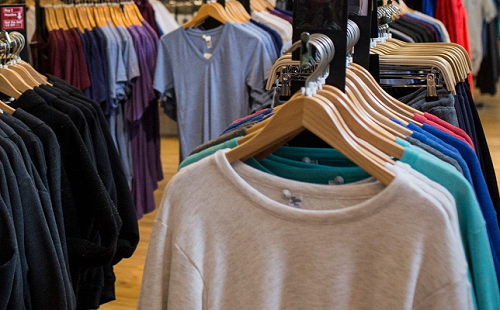 product from creative to consumer.
product from creative to consumer.
Post COVID -19, consumers will desire more personalised and customised products. They are likely to prefer fewer but higher quality garments. Consumers will also become socially and environmentally conscious and expect brands to demonstrate a strong commitment to sustainability as well. As J Kirby Best, Chairman of US-based OnPoint Manufacturing noted, both buyers and sellers will need to make a concerted effort to rethink their business model, expel hidden costs and analyse operating practices. Brands will have to now look at their business as a whole and not be separated into silos, which could lead to the adoption of a new supply chain approach.
US Department of Labor says, the crisis will also create a stop-gap in the supply chain of the USA as businesses across the country have been forced to hold their businesses.
Shift to PPE to lead to apparel reshoring
The COVID-19 crisis has also pushed several companies to shift their operations quickly to manufacture PPE. Factories across the US have increased their manufacturing of gloves, masks, gowns, etc. However, despite this, US faces critical shortages of PPE at the moment. This is putting considerable strain and risk on the country’s healthcare workers. Many micro and small manufacturers in the garment business are shifting to PPE manufacturing, keeping their political differences,
Apparel brands like Nike and Gap have instituted the Military Industrial Act to allow factories to retool for both regular production and PPE. This is helping them support some of their business financials. This model may also open up a new competitive market of medical apparels in the long term.
Smaller companies are taking on this initiative as being pro-bono, while others are being funded by the FDA and going through certification to help the cause. This will also compel them to reshore some of their apparel production. However, it will depend on new trade deals and possible tax breaks provided by Governments to corporations.

